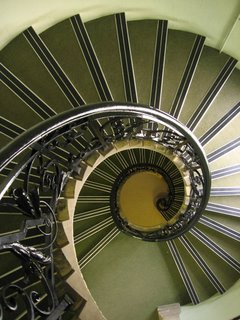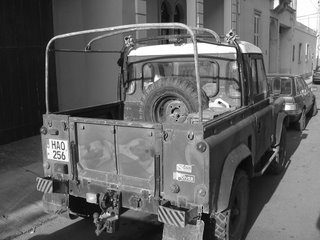Another blog migration
If you can stand the errors that haven't been ironed out yet, I encourage you to read and comment upon the new WordPress version of this blog. You can even register as a subscriber, which should help you avoid problems with the new uber-spam filters.
Working all the kinks out will take a while. At Jessica's suggestion, I am only going to let myself reformat and debug as a reward for doing academic work. At least until I can find a way to deal with the photo issue outlined at the top of the new WP blog, I will keep publishing here.
Naturally, the new site is also available for RSS syndication.





